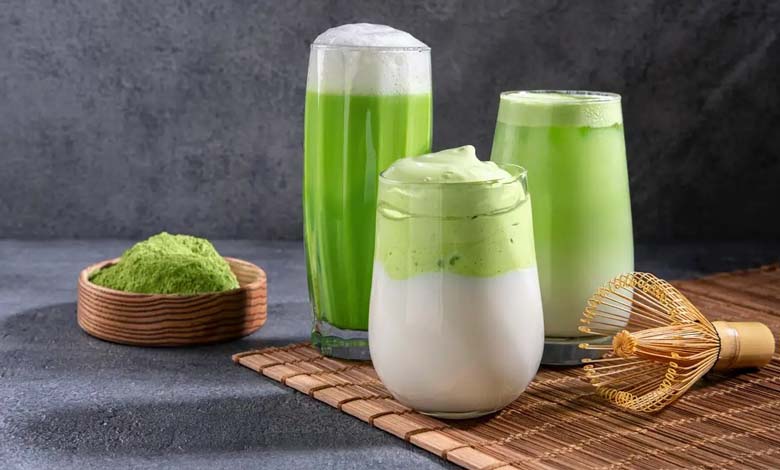Does Matcha Affect Iron Levels in the Body?

Matcha, a finely ground powder made from specially grown and processed green tea leaves, has seen a surge in global popularity due to its perceived health benefits. From antioxidants and detoxification to increased focus and energy, matcha has earned its place in many people’s daily routines. However, some are beginning to ask: Can matcha impact iron absorption in the body?
-
Matcha: A Caffeinated Drink That Promotes Relaxation and Sleep
-
Matcha or Coffee… Which is More Beneficial for Health?
Effect on Non-Heme Iron Absorption
Iron is a vital mineral that supports oxygen transport and numerous cellular functions. There are two main types of dietary iron: heme iron (found in animal products) and non-heme iron (found in plant-based foods). Non-heme iron is more sensitive to inhibitors present in certain beverages—including matcha.
Matcha, like all teas, contains catechins, tannins, and other polyphenols. These compounds can bind to non-heme iron in the digestive tract and reduce its bioavailability, meaning the body may absorb less of it.
Numerous studies have documented the iron-inhibiting effects of tea polyphenols, especially among individuals who consume green or black tea regularly.
-
The Surprising Health Benefits of Matcha Green Tea
-
It improves digestion – 7 benefits of star anise tea
Quantity and Timing Matter
Despite these effects, matcha doesn’t have to be eliminated from your diet. The impact depends largely on how and when it’s consumed:
- Amount and frequency: A moderate intake (1–2 servings per day) is generally not problematic for healthy individuals.
- Timing: It’s better to drink matcha between meals rather than with meals—especially those rich in plant-based iron.
- Pairing with vitamin C: Consuming foods high in vitamin C (like oranges, bell peppers, or strawberries) during meals can significantly enhance iron absorption, counteracting matcha’s inhibitory effect.
-
The Way You Drink Water Can Influence How Young You Look
-
Is Kombucha Really Worth the Hype? Here’s a Look at Its Benefits and Risks
At-Risk Populations
Some groups may need to be more cautious with regular matcha consumption:
- Pregnant women
- Menstruating women
- Children in developmental stages
- Individuals with diagnosed iron-deficiency anemia
- Vegetarians or vegans, who rely on non-heme iron
-
Chlorophyll Supplements: A Health Miracle or Just a Myth?
-
Chocolate with Beneficial Bacteria: A Nutritional Breakthrough Awaiting a ‘Difficult Equation’ to Be Solved
In these populations, high consumption of matcha or tea might contribute to iron deficiency over time if not managed carefully.
Matcha remains a healthy beverage choice for most people, offering numerous benefits when consumed in moderation. That said, being mindful of its potential impact on iron absorption is wise, particularly for individuals already prone to iron deficiency. Strategic timing and dietary planning can minimize any negative effects. When in doubt, consulting a healthcare provider or nutritionist can help tailor matcha consumption to individual needs without compromising health.
-
Mushroom Coffee: A Health Revolution or Just a Marketing Gimmick?
-
“Fish Milk”: Nutritional Revolution or Risky Experiment?












